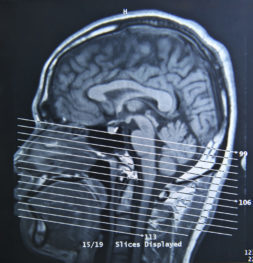The Supreme Court of Ohio has ruled that the estate of a former Notre Dame football player may proceed with their fraud and negligence claims, which allege that CTE is a “latent” disease and thus exempt from the typical statute of limitations.
The decision is noteworthy because, while negligence claims must usually be filed two years from the injury, “latent” diseases have a modified timeline: the two year time bar begins at the time an individual learned of the injury, not when the injury …
Continue Reading

